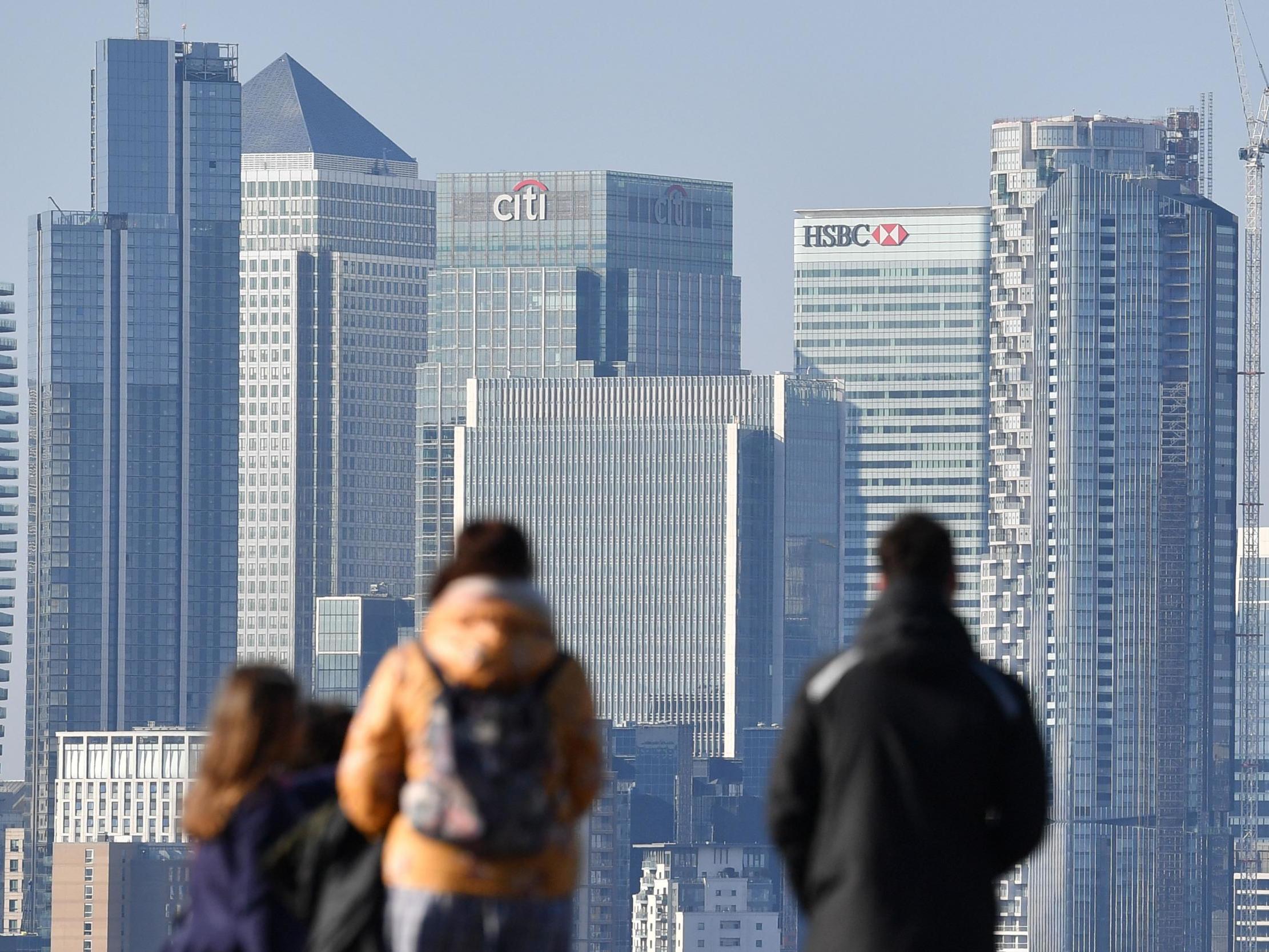Why it’s time for those healthy and under 45 to return to work
With the right safeguards in place, the country must resume a semblance of normality, writes Chris Blackhurst. Because the alternative is economic destruction


Hindsight is a wonderful thing, and for the next year or so at least, we’re going to be hearing the word used repeatedly in relation to the coronavirus pandemic.
Should the government have acted more decisively and quickly? Why was the PPE not available? Was enough consideration afforded to care homes and hospices? Were we in the thrall of scientists? Why was the UK death tally so high? Did we pay too much attention to shoring up the NHS, to prevent the health service from being overwhelmed, which resulted in other serious conditions going untreated? Why did we hastily build a massive temporary hospital only for it to lie mothballed? Why was the Cheltenham Festival allowed to go ahead?
Questions, questions, and doubtless, there will be a lot more of them that will be asked and have to be answered. But critically, we need to face them now. We have to get the economy humming again – or else a virus outbreak that will have left not many dead in relation to the overall population total will have caused financial and social ruin.
We have to socially engineer. That may sit uncomfortably alongside a society that is sworn to the notion of fairness (even though that in practice is often a million miles from being the case). The simple fact is that younger people are relatively unaffected by Covid-19 – they’re not dying or suffering in the same numbers as the older age bracket. That sounds heartless, but it’s not meant to be – every death is a tragedy. It’s a statement of reality. For those charged with achieving economic bounce-back, however, they need to appraise that differential and look harder at encouraging those under 45 to return to work. The latest figures from the Office for National Statistics show that up until 24 April, fewer than 400 people in that under-45 group died from coronavirus, out of 27,356 deaths in total.
The under-45s without known health problems should resume a semblance of normality, and quickly. They must work again, and the schools and universities have to reopen. Some might argue such a step is impractical and dangerous, that releasing the under-45s would only heighten the spread of the virus and we would be hurtling towards the dreaded “second peak” of infection. And yes, it offends our innate sense of Britishness that one portion of us should be favoured over another.
Honestly, though, what are we actually to do, what are we left with? That we keep one segment locked down because another section is more susceptible, and that by doing so, we threaten destroying huge swathes of jobs and educations?
We will be plunging generations into unemployment, towards a scrapheap. And, because our tax receipts will have declined, we will struggle to provide them with the support they require
We have to be more realistic and decisive about this. Those who are in most danger, because of their age or because they have underlying health issues, ought to remain protected. The rest, provided they use the new track and tracing technology (assuming the app functions as those behind its launch claim it will), sanitise, wear face masks, and where possible maintain social distancing, must be able to pick up where they left off.
We’re already witnessing the economic downside of the shutdown, with “closed” signs everywhere and boarded-up shops and businesses. Behind this tell-tale evidence is the grim detail that the UK has gone from unemployment of just 3.7 per cent to more than 50 per cent; and the government is committing tens of billions at trying to shore up the impending dam burst.
Plenty of focus is heaped on the giant firms, the household names, the nationally and internationally well-known brands. They may be prominent, but they are not the domestic bedrock. It’s those smaller businesses that matter more – they are the financial drivers, the employers that hold our economy together. Take them out of the mix and there is next to nothing.
We will be plunging generations into unemployment, towards a scrapheap. And, because our tax receipts will have declined, we will struggle to provide them with the support they require. Meanwhile, our health, social care and education systems will suffer.
If there’s one other statistic the government should be focusing upon – in addition to that under-45s low deaths figure – it’s the finding from the Centre for Economics and Business Research that more than a quarter of a million small businesses will not survive if they can’t reopen in the next four weeks. Make that three months, and we’re looking at 1.3 million businesses going under.
That’s simply neither sustainable nor justifiable. Not when we know there is a large chunk of the community that can go about their lives assured in the knowledge that in all probability if they get the virus and the symptoms develop, they are unlikely to succumb.
I’m all for caution. But to use the phrase that has become on trend during this crisis we could be applying an over-abundance of it. No one, apart from the foolhardiest, wishes to see the under-45s behave as if nothing has happened. There must be rules, and they must be adhered to – and that does mean using the new app and following the other safeguards. Likewise, the vulnerable must be shielded.
It has to be a risk worth taking.
Join our commenting forum
Join thought-provoking conversations, follow other Independent readers and see their replies
Comments